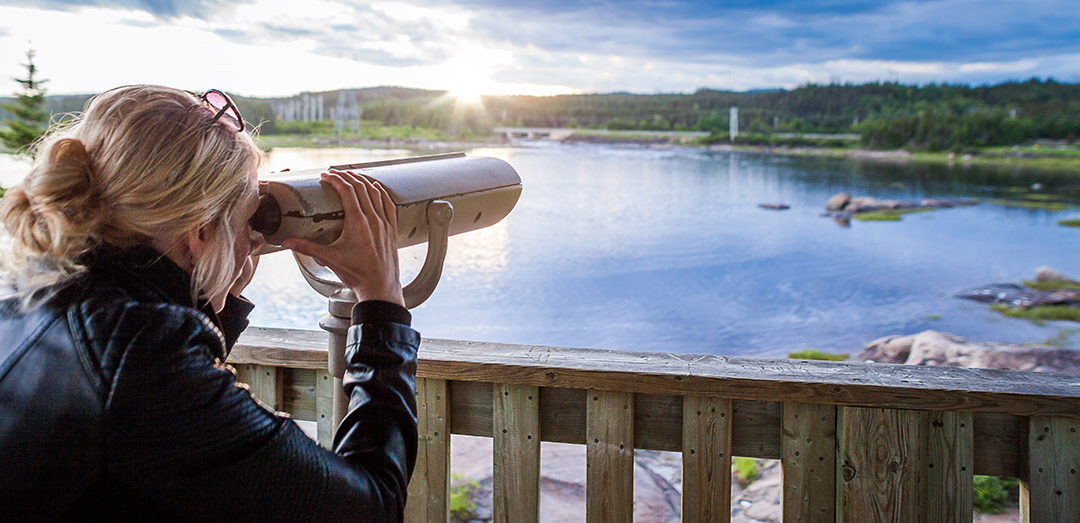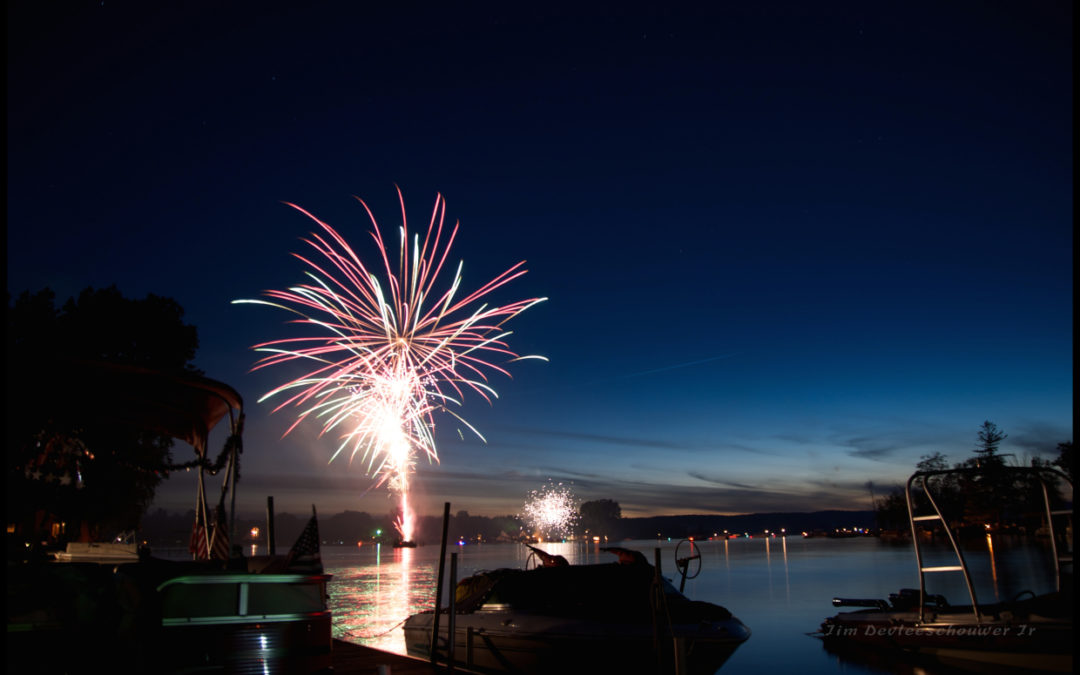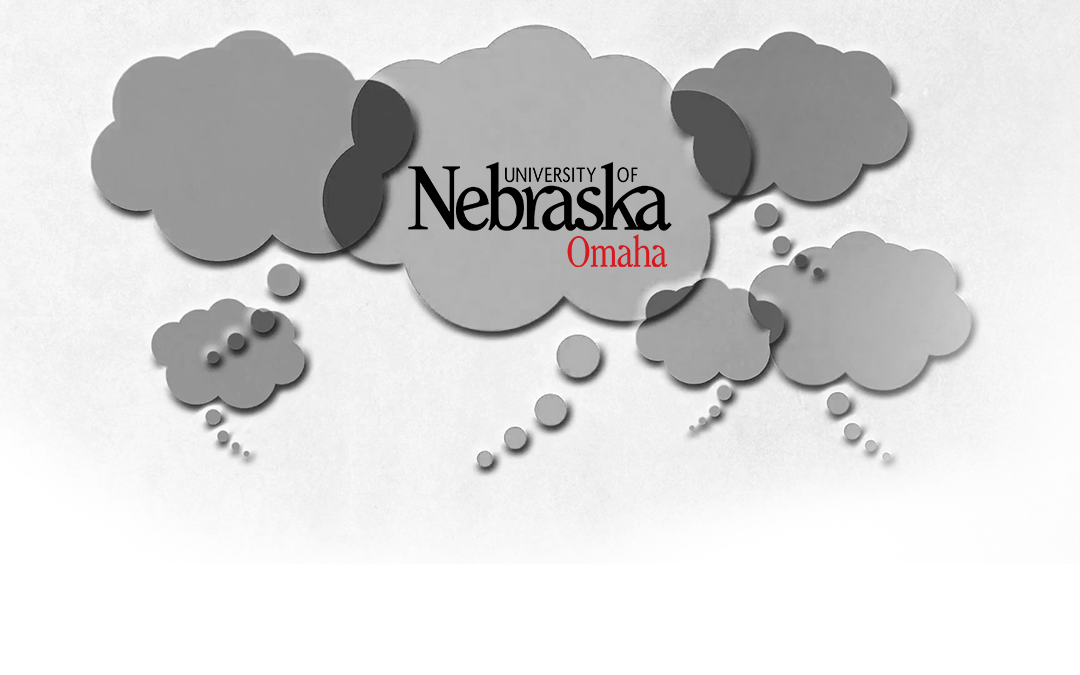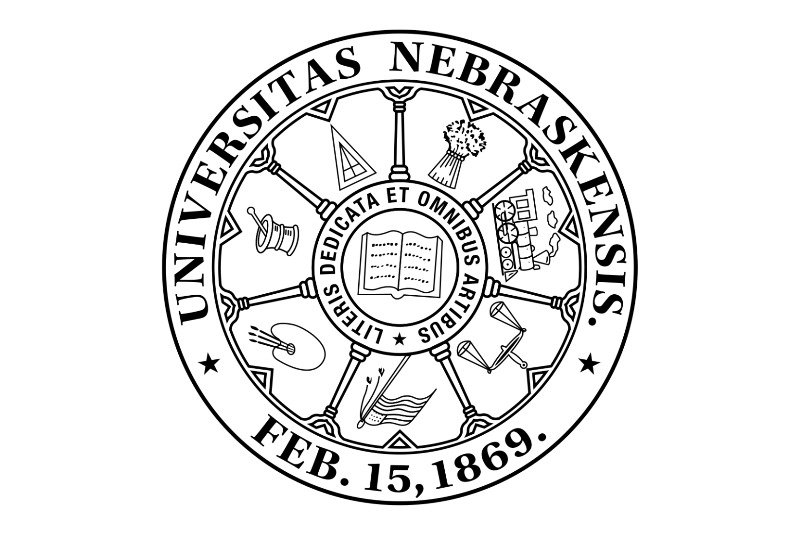
Oceanic Thinking
Oceanic Thinking
The other day I got the chance to catch up with a good friend of mine from college. You know how with some friendships it takes a while to catch up and with others you can pick up immediately where you left off? Well this was the latter, but we didn’t just pick up from the last time we’d seen each other – we ended up going back over memories from forty years before. It got me thinking a lot about my Dad.
He and I butted heads a lot growing up. He was an attorney and so it was pretty much a guarantee that he was going to win just about any argument. He was always able to organize his thoughts and points with startling efficiency, whereas my mind tends to wander in and out of all things big and small. There’s nothing wrong with that – he used to call it “oceanic thinking” – but it is helpful to be able to harness it at different points. That hasn’t always been easy for me. My Dad had ideas on how to help me with that.
The thing I didn’t admit to him then (or even to myself for a number of years) is that he was right most of the time.
For one thing, he was right about how I should use high school to prepare for the next several stages of my life – college, then work, and everything in between.
He made me take typing classes, which I hated. It’s obvious how that ended up coming in handy. Other classes paid off in ways though that weren’t immediately clear. Take debate. I hated debate. I didn’t feel like I was any good at it, and especially with an attorney for a father, I sure didn’t feel like I “won” at all. But it taught me about organization. Concentration. How research is priceless.
As much as I detested debating, it prepared me for campaigning, for speaking in public and being able to get my point across clearly. It also took the fear out of speaking up in meetings or in public when I felt there was an important point to be made.
Speed-reading was another skill he emphasized. The ability to process information at a rapid rate, to budget a limited amount of time carefully and efficiently – that’s incredibly valuable to anyone, but I’m especially appreciative now that I’m a Regent.
I mean, I love reading and I naturally read fast, but trying to keep up with the reading required for Regents (upwards of 600 pages in a week) is pretty daunting.
I’m reminded of the value of that speed-reading course on a weekly basis.
I wish I could tell my Dad how the skills and courses he insisted on in high school – the very same ones I hated and tried to reject – have come to serve me so well in my adult life, with this special and important responsibility I have. Although I think he knew it all along.
*Barbara’s thoughts as written by Kate based on weekly (fascinating) conversations.





